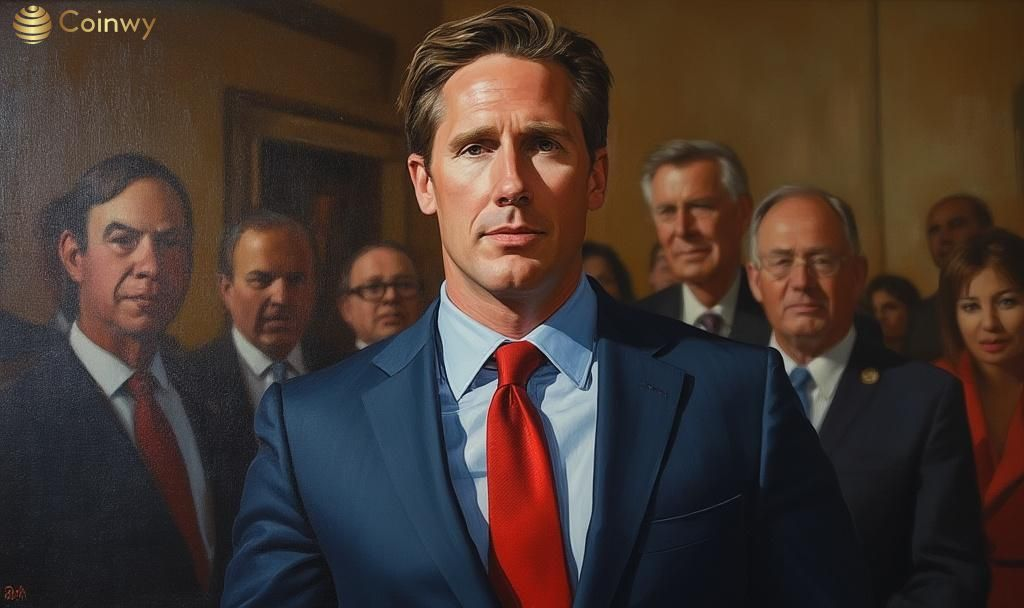- Hawley’s opposition raises concerns over Big Tech’s benefits.
- Hawley proposes a 10% cap on credit card interest rates.
- GENIUS Act’s approval could reshape the payments industry.
Hawley’s break from GOP lines is significant due to the bill’s potential impact on financial markets and regulatory environments.
Senator Josh Hawley’s opposition to the GENIUS Act stems from his belief that it greatly benefits Big Tech, particularly by allowing tech companies to issue stablecoins without controls. He proposes a 10% credit card interest rate cap as a countermeasure. His criticism of the act underscores his ongoing advocacy for consumer protection, aligning with past efforts against monopolistic practices.
The bill mainly targets the $250 billion stablecoin market, potentially reshaping the payments industry. Stablecoin issuers like Circle, which recently went public on NYSE, are at the center of regulatory discussions. The bill’s ambiguity presents a risk, likely affecting market dynamics as a vote nears. The lack of explicit anti-corruption guardrails keeps the opposition robust among Republican ranks. Senators like Bernie Sanders support interest caps but align with Hawley against unchecked tech influence.
Immediate impacts focus on stablecoin regulation, influencing companies like Circle and the broader fintech sector. Hawley’s amendment seeks to realign the GENIUS Act with consumer interests, reflecting similar past efforts, such as the Marshall-Durbin Amendment. Potential outcomes vary from increased market regulation to shifts in fintech landscapes. Historical trends suggest possible pushback, reminiscent of past consumer credit market reforms.
It’s a huge giveaway to Big Tech. It allows these tech companies to issue stablecoins without any kind of controls. I don’t see why we would do that. — Senator Josh Hawley






